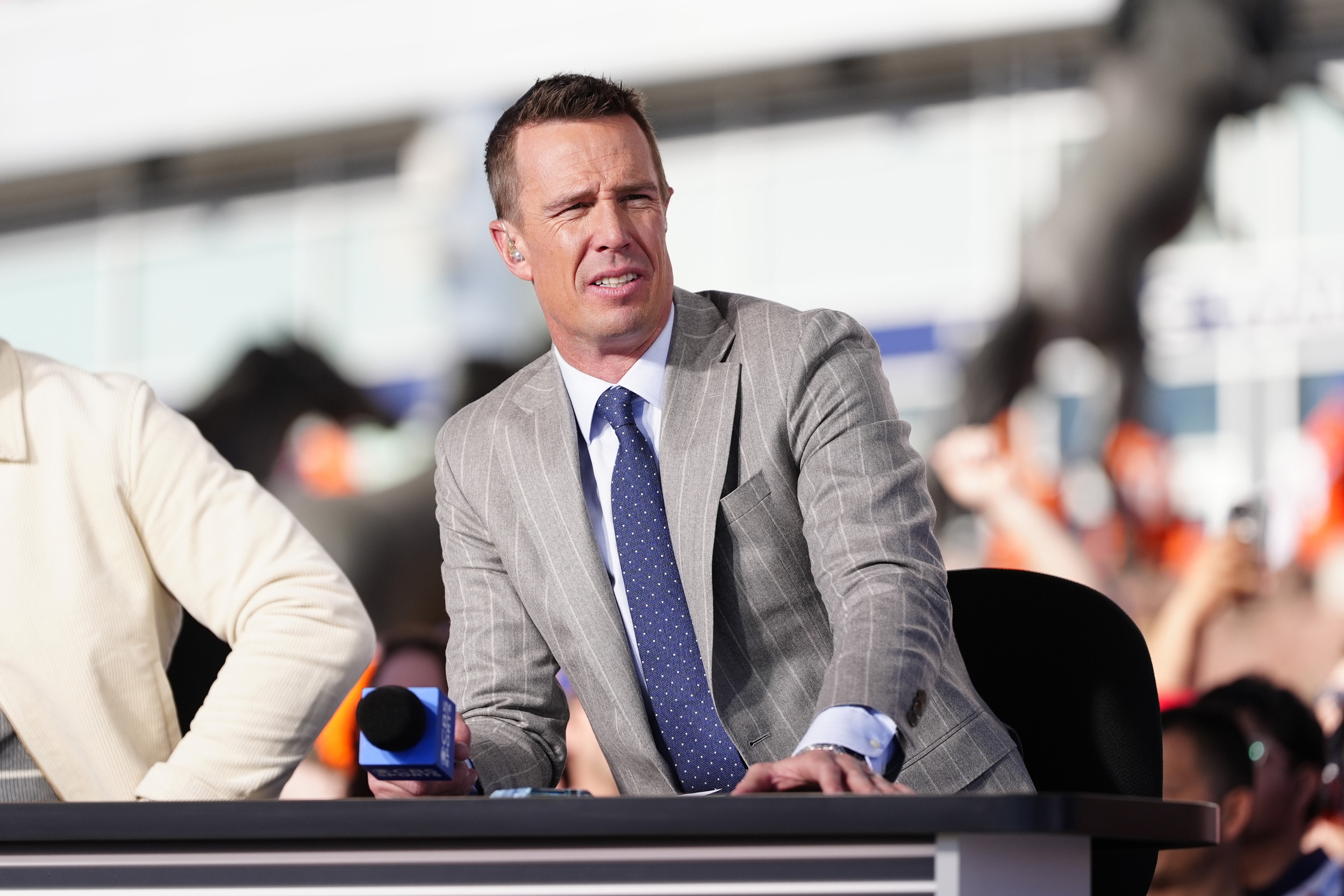Bryce Harper.
If you are a Nationals fan, you have probably spent the last four years fawning over every bit of information received. Unmissable. Perennial All-Star, at worst. The Second Coming.
If you are a baseball fan, you have watched from afar as pundits spun a tale greater than any before. Stories about a 15-year-old hitting home runs that traveled over Vegas interstates; a “swagger” that redefined what was acceptable in the sport before — blowing kisses at pitchers as he rounded third; the absolute blueprint for a coddled prospect — the Nationals organization promoting him from Low-A to Double-A because their High-A affiliate’s outfield grass was a “safety threat.”
So Bryce Harper was given the #1 prospect honors like it was nothing (receiving the occasional #2 due to some schlub named Trout). He was a foregone conclusion — the minor leagues representing nothing more than a technicality.
And you know what — they were right. In 2012, at least.
Bryce Harper put up the best single season for a hitter under 20-years-old in Major League History. He hit 22 home runs in 139 games with an OPS of .817. He appeared to be who we thought he was — or who the media told us.
And he was a whirling dervish when doing it — swinging violently and connecting with equal fervor. Sacrificing his body in the field — sometimes like an idiot — and making some amazing plays. But he also ran into a wall and jarred something in his hip in the process.
This ended up shelfing him for over a month in the middle of 2013, and even though he came back and played, Harper admitted that the injury — officially diagnosed as bursitis — was something he shouldn’t have played through. In addition, Harper also had a knee issue sapping some of his patented energy. In all, the surefire superstar, while still an All-Star, seemed to be faltering.
But something crazy seems to happen whenever Harper is injured or the season has passed. The media begins to ramp up the hype machine once more. Harper will have time to recover, and next year — NEXT YEAR — will be when he ascends to deity-status.
Major League Baseball — equal parts media entity and professional sports league — seemed to be stuck at the intersection of hype and reality. Rather than let the game and Harper’s narrative develop naturally — which is the best and most obvious course of action for a multi-billion dollar league that generates story lines like a talking taco does ice cream — they took to the archives to make history. Because, remember? Bryce Harper is historically going to be the greatest player that ever played.
Maybe we’re crazy, but there’s a good chance the collective Hall of Fame is turning in their grave.
Baseball, as much a sport predicated on earning your keep as any, is not somewhere players are expected to step into a clubhouse and be the center of attention. There are rules. There are expectations. There is a standard.
But instead, Bryce Harper has seemingly avoided that long line to get into the club. And this is where that famous “sense of entitlement” comes into play.
First of all, it should be noted that Bryce Harper didn’t ask for this attention. But in our age of information, people are clamoring for the next best thing — LeBron was the first test-tube athlete, and now it’s Bryce’s turn. It is safe to say that while there are rules, expectations and standards to the major league process, the media’s introduction to the equation threw their standing out the window.
And do you know what is maybe the most ironic part of the whole situation? Major League Baseball has a player in their midst that has earned his keep, followed the rules, exceeded expectations and upheld the standards. Mike Trout has put up numbers that are on par with or better than damn-near any player to ever lace up the spikes.
Bryce Harper hasn’t, and this season, hasn’t been much different than the major league average.
(wOBA is the go-to measurement for sabermetricians and hitting — it measures the relative value of every offensive action for a given player. Look, we don’t have to understand how it works exactly, but if you blindly buy into WAR values, wOBA is the offensive component of those seemingly arbitrary numbers.)
Why is the hype machine so much different for Harper and Trout? Who knows, but one thing is certain: Trout is no longer anything hype-related. He is a bonafide star. Harper, currently getting over surgery on his thumb, is nothing but hype.
Many people hate Bryce Harper. They hate his attitude, immaturity, bravado, “entitlement,” and a gang of other intangible nouns. They hate how his “greatness” has been force fed for the past four years — how his arrival to the big leagues seems as though it has stretched three years.
Bryce Harper is an exciting young talent. He might still be unmissable. He is on his way to being a perennial All-Star. He is not the Second Coming.
He is a 21-year-old that has been under the national microscope for the past six years. Let’s keep that in perspective here. If the rest of us were on magazine covers and the apple of the country’s eye from age 15 to 21, let’s just say there would probably be some that hated us. Hated our attitude, immaturity, bravado, “entitlement,” and a gang of other intangible nouns.
We didn’t have hype machines though. And while Bryce Harper never should have agreed to be in Major League Baseball’s bullshit commercial, Major League Baseball never should have given him that chance.
So, yeah, we hate Bryce Harper a little — what has he done to deserve a Chipotle for life card?
But on a grander scale, we hate the media and MLB for their propaganda, and for forcing a 21-year-old to uphold an unreasonable standard while circumventing a time-tested one.
[Baseball Reference, Fangraphs]








